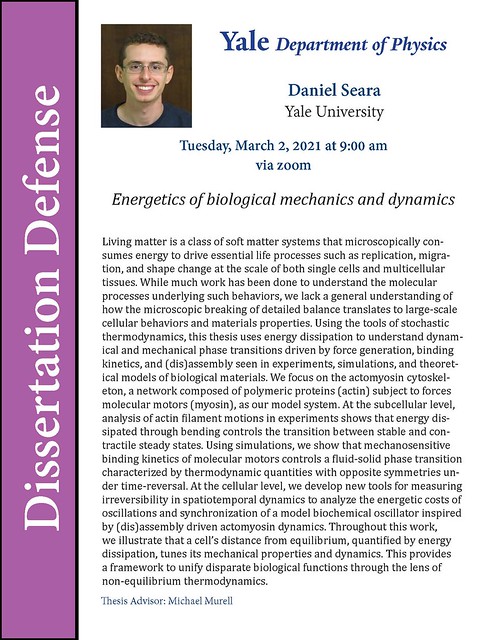
Living matter is a class of soft matter systems that microscopically consumes energy to drive essential life processes such as replication, migration, and shape change at the scale of both single cells and multicellular tissues. While much work has been done to understand the molecular processes underlying such behaviors, we lack a general understanding of how the microscopic breaking of detailed balance translates to large-scale cellular behaviors and materials properties. Using the tools of stochastic thermodynamics, this thesis uses energy dissipation to understand dynamical and mechanical phase transitions driven by force generation, binding kinetics, and (dis)assembly seen in experiments, simulations, and theoretical models of biological materials. We focus on the actomyosin cytoskeleton, a network composed of polymeric proteins (actin) subject to forces molecular motors (myosin), as our model system. At the subcellular level, analysis of actin filament motions in experiments shows that energy dissipated through bending controls the transition between stable and contractile steady states. Using simulations, we show that mechanosensitive binding kinetics of molecular motors controls a fluid-solid phase transition characterized by thermodynamic quantities with opposite symmetries under time-reversal. At the cellular level, we develop new tools for measuring irreversibility in spatiotemporal dynamics to analyze the energetic costs of oscillations and synchronization of a model biochemical oscillator inspired by (dis)assembly driven actomyosin dynamics. Throughout this work, we illustrate that a cell’s distance from equilibrium, quantified by energy dissipation, tunes its mechanical properties and dynamics. This provides a framework to unify disparate biological functions through the lens of non-equilibrium thermodynamics.
Thesis Advisor: Michael Murrell (michael.murrell@yale.edu)
Contact Stacey Watts for zoom information.